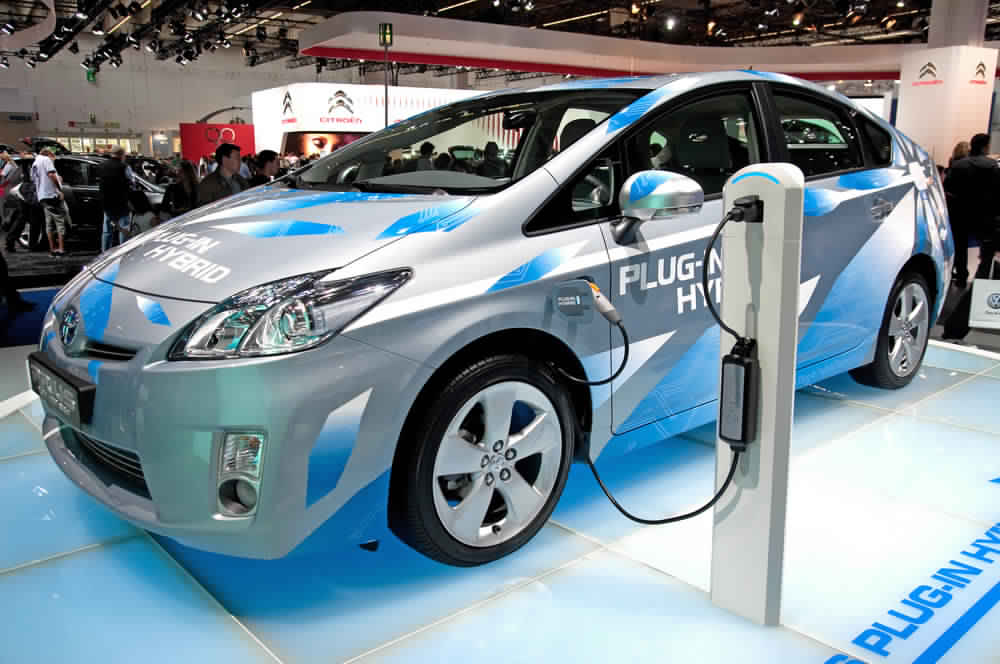
India has a target of reaching a 100% electric vehicle mark by the 2030. With the world moving and adapting to the electric energy, especially for the vehicles, the third largest auto market has not to lag behind.
However, when the industry experts decided to take up the “make in India” policy and thereby producing the lithium-ion batteries in India itself, they were taken aback. In order to reach their 2030 target, certain infrastructural developments are required, but certain factors are not in the favor of an electric India.
Lack of clear policies
Making of all the cars electric by 2030 will require a robust and aggressive battery manufacturing unit, but the government and their policies don't really favor the smooth operation. There is a lack of clarity in the long-term policy for the electric vehicles in the country, which hampers the growth.
Lack of Investment
As per the report by government think tank Niti Aayog and Rocky Mountain Institute, India would require setting up a minimum of 20 giga factories to produce batteries at an investment of USD 100 billion. Also, the uncoordinated efforts between the stakeholders and the “just now beginning to develop” stage of battery production in the country, big companies are not ready to invest.
Lack of Mineral Reserve
A low mineral reserve in the country is another reason why this target could be difficult to achieve. India lacks in sufficient production of lithium, cobalt, nickel or for that matter the copper used in conductors, cables and busbars. This is something that cannot be renewed that early.
The government has to think twice and take aggressive actions to solve the problems that might come their way in the aim of achieving the absolute electric vehicle mark by 2030.


